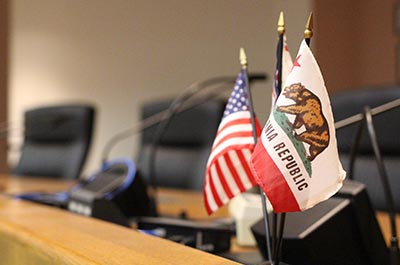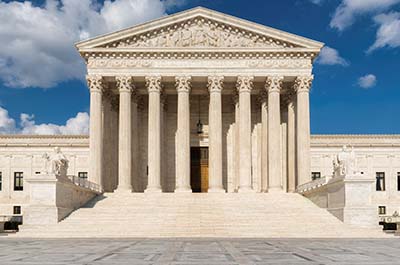Building upon the report by the California Government Operations Agency, entitled State of California: Benefits and Risks of Generative Artificial Intelligence Report and published in November 2023, California has issued guidelines addressing procurement, use, and training related to generative artificial intelligence (GenAI) by State agencies.
Effective January 1, 2024, eligible employees in California may take up to five days of protected leave after experiencing a reproductive loss event.
There have been two big changes in the last two legislative sessions regarding school districts’ recovery of wage overpayments under the Education Code. In 2022, Assembly Bill (AB) 185 established Education Code section 44042.5, allowing school districts to recover wage overpayments when certain procedures were followed.
With Senate Bill (SB) 531, the California Legislature amended Education Code section 45125.1 to provide an exemption from criminal background check requirements when, subject to specific conditions, an entity contracts with a school district, county office of education, or charter school (LEAs) to provide student work experience opportunities.
On January 9, 2024, California’s Fifth District Court of Appeal issued a unanimous published decision in Visalia Unified School District v. Public Employment Relations Board (2024) ___ Cal.Rptr.3d ___, finding that Visalia Unified School District (VUSD) terminated a permanent classified employee – who also served as the union president – for her ongoing poor performance
Senate Bill (SB) 765, signed into law on October 13, 2023, creates a temporary exemption from post-retirement earnings limitations under the CalSTRS system and makes it easier for Districts to hire recently retired teachers.







